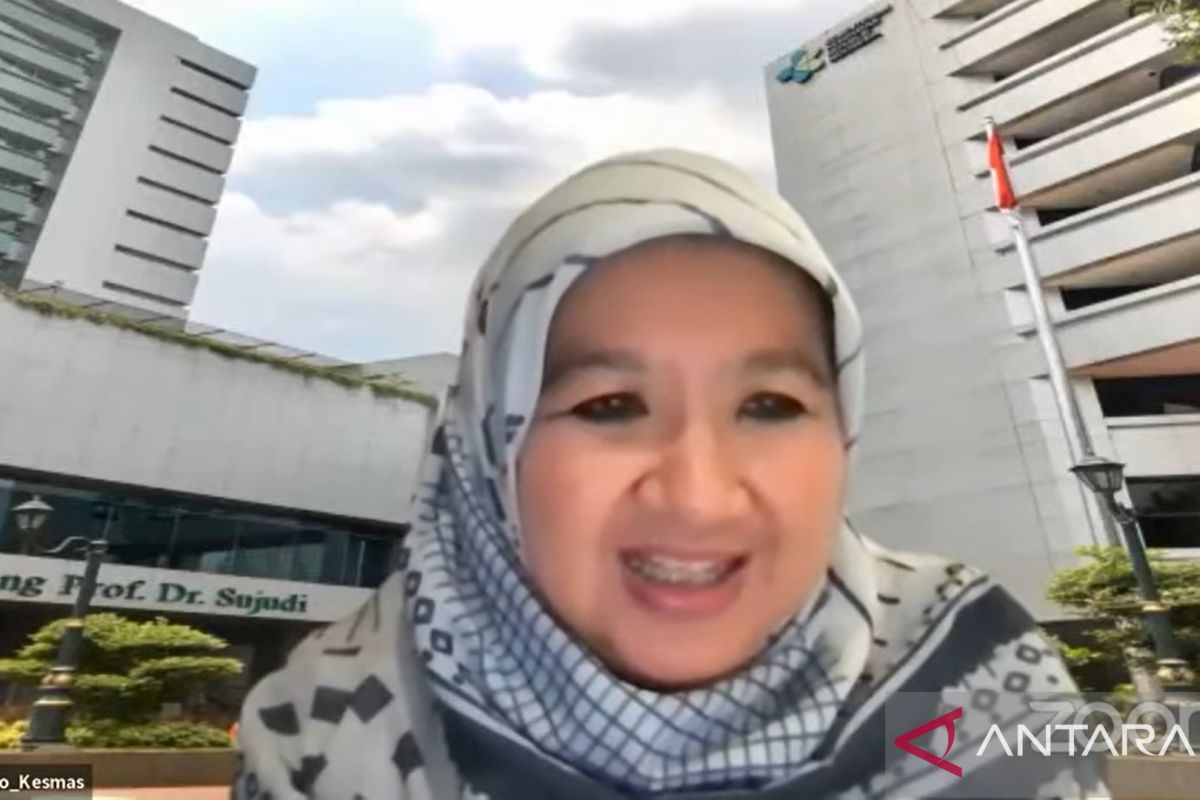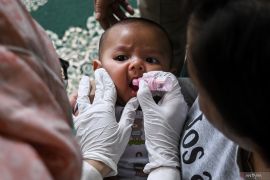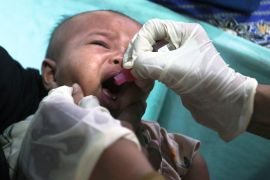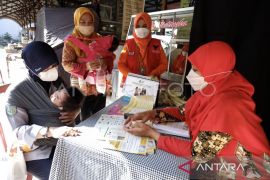The number of infants experiencing wasting is estimated to rise to 15 percent, or seven million, the ministry's official, Siti Nadia Tarmizi, stated at the workshop titled "Analyzing Stunting Trend and Malnutrition Systematic Issue" on Thursday.
According to the 2021 Indonesian Nutritional Status Study (SSGI), nationwide, the number of children experiencing wasting had shown a downward trend to reach 7.1 percent, from 7.4 percent recorded in 2019.
However, the data also indicated that the number of underweight children rose to 17 percent in 2021, an increase from 16.3 percent in 2019, and the government fears that it may trigger a surge in cases of wasting.
Five provinces have recorded the highest prevalence in infant wasting that the ministry monitors: Maluku, 12 percent; West Papua, 10.8 percent; Aceh, 10.7 percent; North Maluku, 10.6 percent; and South Kalimantan, 10.3 percent.
According to Tarmizi, the surge in nutritional problems in children is affected by various factors stemming from the impacts of COVID-19.
These factors include loss of familial income, job loss, work from home factor, and the informal sector affected by the disruption in information flow, production, and economy.
However, the ministry will continue to improve data within SSGI in accordance with the on-field audit, so that the real figure can be known after the formulation is conducted.
"We did estimate that there will be seven million children with wasting condition. However, we will wait for results from the SSGI that we conduct this year," she remarked.
Meanwhile, the ministry continues to take preventive measures in the wake of the latest estimation by bolstering health services through the six pillars of transformation in health services, especially in terms of the primary service.
Strengthening of the life cycle focuses on the integration of health services by bringing them closer through the network, so that villages can be reached.
Bolstering education, promotion, and resiliency against COVID-19 pandemic is also conducted.
Moreover, the ministry strengthens local area monitoring (PWS) through dashboards highlighting the health conditions in villages.
Related news: Bali to expedite stunting reduction to 6.15 percent by 2024
Related news: Gov't strengthens foster parent program to expedite stunting reduction
Translator: Hreeloita D S, Fadhli Ruhman
Editor: Rahmad Nasution
Copyright © ANTARA 2022












